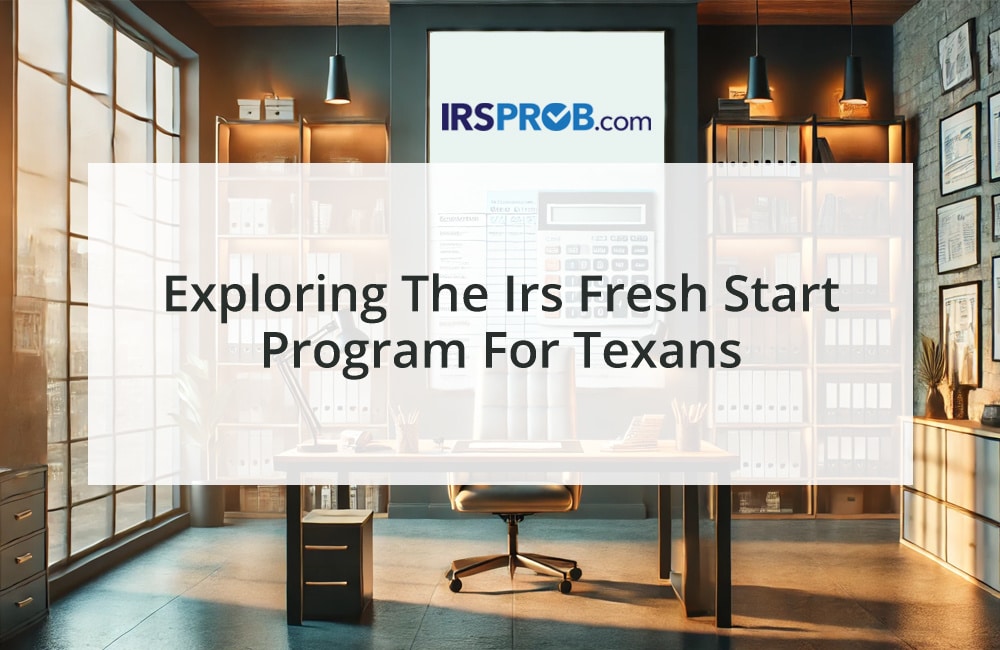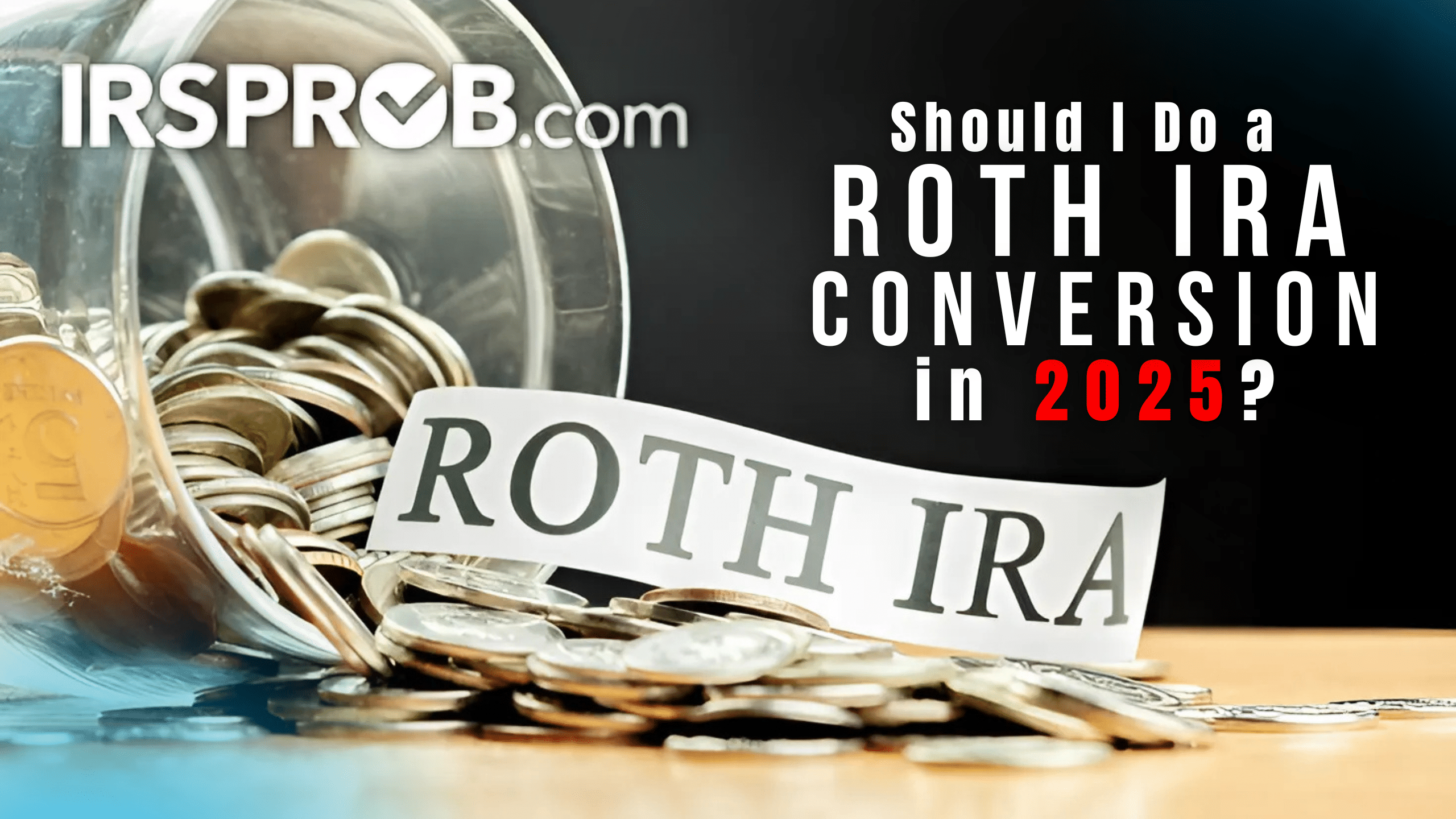
When it comes to estate planning, business owners have unique considerations that go beyond personal assets. With the estate tax exclusion amount set at $13.61 million in 2024, understanding how to navigate the complexities of Form 706, estate tax deductions, and tax-saving strategies is crucial. This blog post will explore how to approach estate tax planning and ensure that your business and personal assets are protected.
What Is Estate Tax?
Estate tax is a federal tax levied on the transfer of the estate of a deceased person. The total estate includes all property owned at the time of death, including real estate, financial accounts, and personal property. If the value of your estate exceeds the exclusion amount for the year of death, the estate will be subject to federal estate tax.
For 2024, the exclusion amount is $13.61 million, meaning estates below this threshold will not incur federal estate tax. However, business owners should note that some states impose their own estate or inheritance taxes, which could further affect estate planning. States such as Maryland, Illinois, and New York impose additional taxes that may apply even if federal taxes do not.
What’s Included in the Gross Estate?
The gross estate encompasses all property owned by the decedent at the time of death. For business owners, this includes business assets, real estate, bank accounts, brokerage accounts, vehicles, and even life insurance policies. It’s essential to understand that the gross estate also includes any taxable gifts made after 1976. These gifts are added to the total estate value to determine if the estate will exceed the exclusion amount.
For example, consider Henry, a business owner who passed away in 2024 with assets totaling $12.88 million, including his house, vehicles, IRA rollover account, and brokerage account. After applying allowable deductions, such as funeral expenses and state death taxes, his taxable estate was reduced to $12.43 million.
Marital Deductions and Spousal Transfers
The marital deduction allows for unlimited transfers to a surviving spouse without incurring estate tax, effectively postponing the tax until the death of the surviving spouse. However, it’s important to note that if your spouse is not a U.S. citizen, different rules apply. Gifts to a non-citizen spouse may be limited, although a higher exclusion ($185,000 in 2024) is allowed for annual gifts to a non-citizen spouse.
Portability of the Estate Tax Exclusion
One of the most important estate tax planning strategies for married couples is electing the portability of the unused estate tax exclusion. This allows a surviving spouse to use any unused portion of the deceased spouse’s exclusion. To take advantage of this, an estate tax return (Form 706) must be filed within nine months of death. Portability can be a significant tax-saving tool, as it effectively doubles the exclusion amount for married couples, allowing them to shield up to $27.22 million from estate taxes in 2024.
For example, if Ralph’s wife Wanda passed away in 2024 and her estate utilized $300,000 of the exclusion, Ralph could inherit her remaining exclusion of $13.31 million. When Ralph passes away, his estate can combine his $13.61 million exclusion with Wanda’s unused $13.31 million exclusion, effectively eliminating estate tax on a combined $27.22 million
Estate Tax for Business Owners: Special Considerations
If you own a business, estate planning can become more complex. You’ll need to consider how your business assets will be taxed and transferred, and whether your heirs are equipped to manage the business. Business owners also need to account for liquidity issues, as estate taxes are generally due within nine months of death. This may require selling business assets or taking out loans if there isn’t enough liquid cash available to pay the estate tax.
Additionally, the IRS allows for special use valuation for certain business assets, which can lower the value of your business for estate tax purposes. By valuing the business based on its current use (such as farming or real estate) rather than its highest value, you can significantly reduce the estate tax burden.
Charitable Deductions
Business owners with charitable intentions can take advantage of the unlimited charitable deduction. Gifts to qualified charitable organizations during life or at death are fully deductible, reducing the taxable estate. This is particularly beneficial for business owners looking to leave a philanthropic legacy while reducing the tax burden on their estate.
Planning Ahead: Next Steps
For business owners, proper estate tax planning is essential to ensure your business remains intact for future generations. Key strategies include:
- Utilizing the Marital Deduction – Postpone estate tax by transferring assets to a surviving spouse.
- Electing Portability – Double the estate tax exclusion for married couples by transferring the unused exclusion.
- Leveraging Special Use Valuation – Reduce the taxable value of your business by using special-use valuations where applicable.
- Charitable Giving – Reduce your taxable estate by making charitable donations during life or at death.
In conclusion, business owners need to be proactive about estate tax planning to preserve their business and personal wealth. Work with a qualified tax professional to ensure that your estate is structured to take advantage of available deductions, exemptions, and credits, ensuring that your heirs are not left with a significant tax burden.
.









